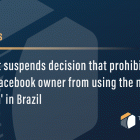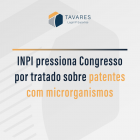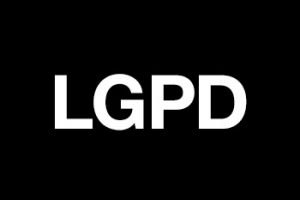Amazon patents new Alexa feature that knows when you're ill and offers you medicine
Amazon has patented a new version of its virtual assistant Alexa which can automatically detect when you’re ill and offer to sell you medicine. To detect if you’re ill, the patent suggests that Alexa would analyze your speech, and suggest possible remedies.
For example, if the user is coughing and sneezing while speaking to Alexa, she may suggest buying throat sweets or chicken soup.
Adverts for sore throat products could be automatically played to people who sound like they have a sore throat, Amazon’s patent suggests.
The patent foresees in its futuristic version Alexa would listen out for if users are crying and then classify them as experiencing an “emotional abnormality.”
The company also described a way of targeting adverts towards different moods. The patent filing includes a scenario where a singer paid for adverts on Alexa for their new album which would only be played to tired or bored people.
The patent does not prove that the company is working on any of the features described since Amazon files patents that will not be sold by the company.
However, Amazon has been focusing on health care and medicine in recent years. In June the company announced the purchase of Pillpack, a US business which sends prescriptions in the post.






